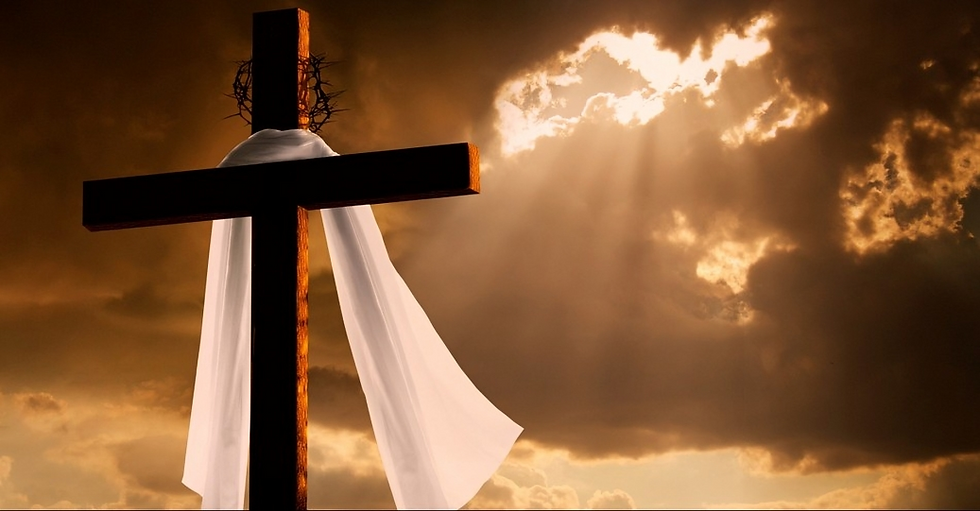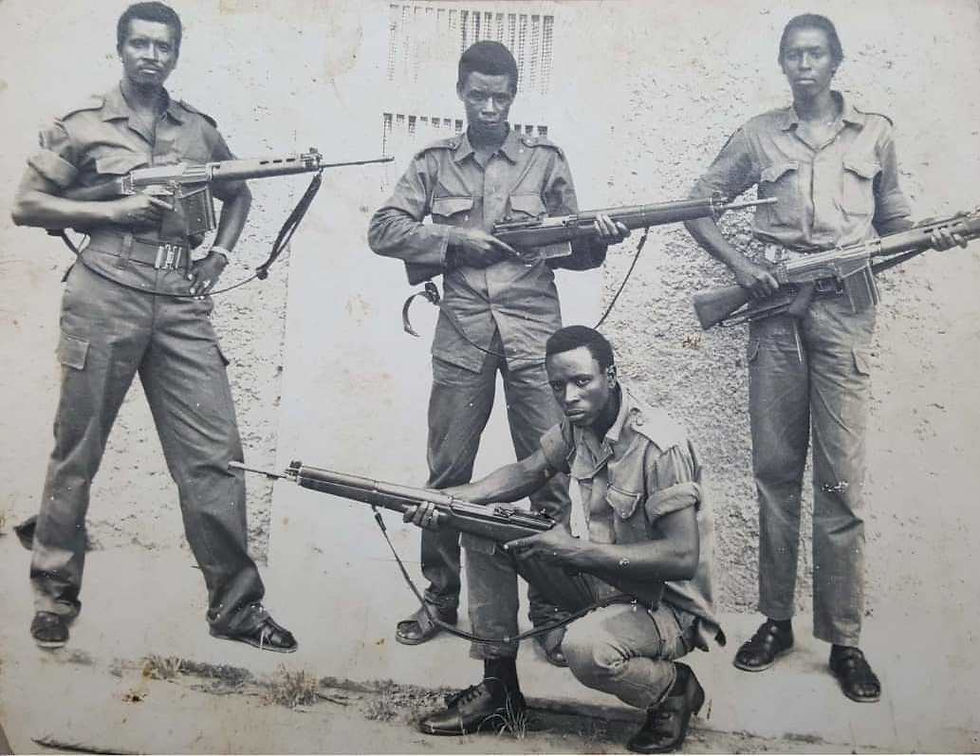The Ignored Genocide
- Mulenge Positive Society

- Aug 10, 2024
- 3 min read
Updated: Jun 1, 2025

As Mobutu’s regime was collapsing, his soldiers turned on the Banyamulenge, killing many of them under the folse accusation that they were behind a plot to start a civil war in the country. Many politicians from the Babembe and Bafuliru ethnic groups supported this campaign and openly incited other citizens to harass Banyamulenge people wherever they were found.
The Second Congo War further fueled the ethnic hatred that had been simmering for decades. In August 1998 the region of Bvura, where many Banyamulenge lived, they were deliberately attacked with the purpose of exterminating them. Though they defended themselves and managed to flee, but the entire area of Bvura was destroyed.
Those who sought refuge in urban areas like Uvira and Bukavu continued to live under constant threat. They were harassed where they lived, stoned in the streets, and subjected to many other forms of violence for 6 years. All these actions were secretly supported by political figures from the same ethnic groups previously mentioned.
In June 2004, the situation escalated to another level, with an increase in killings. This led the Banyamulenge to flee once again—this time to the Gatumba refugee camp in Burundi. The camp, located near the Congolese border, was set up by UNHCR. However, the agency failed to take adequate security measures because the camp was near the border.
In the camp, there were not only Banyamulenge, but also people from other tribes who had fled because of the Second Congo War. UNHCR separated the refugees by assigning each ethnic group to a specific section. The Banyamulenge were given blue and green tents to live in. This was a serious mistake, as it allowed the attackers to easily identify and locate their victims.
Banyamulenge lived in this camp for two months, and the enemy they fled from congo managed to follow them and kill them in Burundi. Although MONUC (the UN peacekeeping mission) had prior intelligence about the attack, it did nothing to prevent it.
On the night of August 13, 2004, a coalition consisting of FNL (Forces Nationales de Libération/PALPEHUTU), Mai-Mai fighters, and Interahamwe militia crossed the Congo–Burundi border armed. Despite the border being under the protection of both countries' armies, they entered the Gatumba camp and launched a brutal attack on the Banyamulenge refugees.
The assailants surrounded the section of the camp where the Banyamulenge were housed, with the intent to massacre them all. From 10 p.m. to midnight, they set fire to the tents and shot or hacked to death anyone who tried to escape. Other refugees in the camp, who were not Banyamulenge, were not harmed at all.
After the massacre, the attackers simply returned to Congo without facing any resistance.
In just two hours, 166 people were killed and over 100 were seriously injured. One survivor of the massacre remarked that the attackers were not just ordinary criminals, but trained killers with professional expertise in killing.
Although both government soldiers and police were stationed near the camp, none came to the rescue. Even the UN peacekeepers responsible for maintaining security did not intervene until the massacre was already over. All those responsible for protecting the Banyamulenge refugees later claimed they only learned of the incident after it had ended.
After the massacre, FNL spokesperson Pasteur Habimana openly admitted their responsibility during a radio broadcast. The group’s leader, Agathon Rwasa, even boasted about the attack on multiple occasions. Despite these public confessions, neither local nor international courts have ever arrested or prosecuted those responsible.
After the massacre, FNL spokesperson Pasteur Habimana openly admitted their responsibility during a radio broadcast. The group’s leader, Agathon Rwasa, even boasted about the attack on multiple occasions. Despite these public confessions, neither local nor international courts have ever arrested or prosecuted those responsible.
Aya mahano amaze kurangira umuvugizi wa FNL Pasteur Habimana yatangarije kuri radiyo ko ari bo babikoze, ndetse n’umukuru w’uyu mutkwe Agathon Rwasa yagiye yigamba iki gitero kenshi. Nyuma yo kubzemera nta rukiko na rumng’e cangwa Leta nimng’e yigeze ibata muri yombi ngo baburanishkwe ku bzaha bakoze.
Over two decades have passed since the Banyamulenge were slaughtered under UNHCR’s watch, and the agency has remained silent. It has never spoken out or taken any action regarding what happened. Banyamulenge communities around the world have joined forces to file complaints in various courts, but the path to justice—and the arrest of those responsible—remains long and uncertain.



Comments